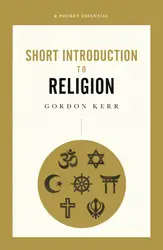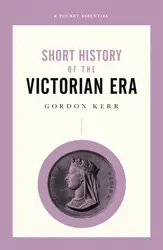The recorded history of Brazil is brief when compared to most European countries, having been discovered by Portuguese sailor and explorer Pedro Álvares Cabral just over five hundred years ago. Since then, however, its history has been turbulent, blighted by rebellion, cruelty, dictatorship and poverty. But, it is also a vibrant, exciting and ethnically diverse nation that has, in the face of great adversity, emerged as one of the world's fastest growing major economies.
A Short History of Brazil examines the events that have led to Brazil's ascendancy, looking at the indigenous peoples who populated the territory until its discovery in 1500 and chronicling the tempestuous years since, leading to the economic miracle of recent years. It covers the three centuries of Portuguese colonial rule when sugar became the main export, produced with the help of around three million slaves who were forced to make the deadly crossing of the Atlantic from Africa. It describes how Brazil declared independence from Portugal as a monarchy in 1822, the monarchy being replaced by a republic in 1889, and details the pattern of boom and bust in the Brazilian economy since then, covering the lives of some of the authoritarian rulers that seized power along the way. Finally, A Short History of Brazil looks at the many difficulties Brazil faces in the 21st century - the devastating social problems resulting from its dramatic economic inequality and the often ruthless exploitation of the country's natural resources which is a topic of major concern for the entire world.
With Brazil's success has come increased global awareness and in the next four years global attention will be focused on the country as it plays host to two of the world's biggest events - the FIFA World Cup in 2014 and the Olympic Games in 2016. With the eyes of the world on this immense South American country - the world's fifth largest - there could be no better time to examine the dramatic and fascinating history that has brought it to this point.












